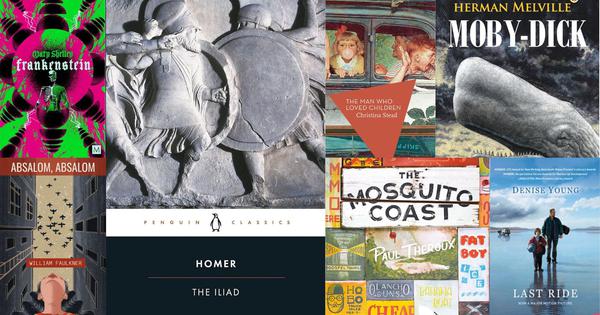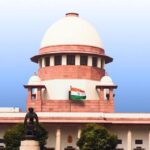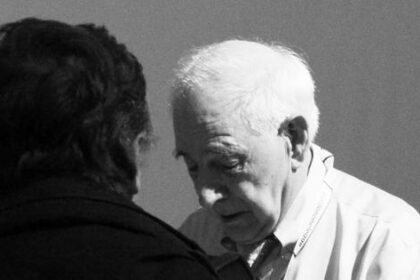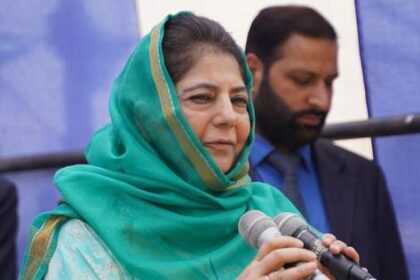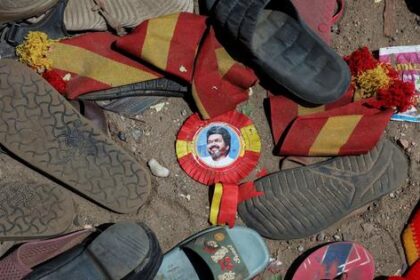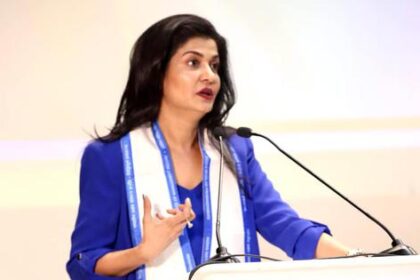Exploring complex father figures in literature, from neglectful to downright abusive characters.
Literature often reflects the complexities of familial relationships, particularly the intricate dynamics between fathers and their children. As poet Philip Larkin pointedly noted, parental figures can have a significant negative impact, often shaping their children’s lives in unintended ways. Characters in literature embody various forms of fatherhood, ranging from the slightly flawed to the overtly monstrous.
One such character is Shug Bain from Douglas Stuart’s Booker Prize-winning novel, a man whose cruelty and violence lead him to abandon his family. He expresses disdain for his son Shuggie’s feminine traits, showcasing a toxic brand of masculinity that breeds dysfunction within the family. This type of father, while perhaps not the most extreme example of evil, resonates as he reflects a reality that many can imagine in their own lives.
Another character, James Mortmain from Dodie Smith’s I Capture The Castle, illustrates a different kind of parental failure. Once a successful writer, Mortmain’s prolonged writer’s block leads to a series of troubling behaviors, including threatening violence. His daughter Cassandra provides a lens through which the audience can view their dire circumstances with humor, yet the reality of their situation is bleak, as Mortmain’s selfishness condemns them to a life of poverty.
Heathcliff from Emily Brontë’s Wuthering Heights emerges as a particularly troubling figure. His obsession with Catherine Earnshaw overshadows his responsibilities as a father to young Linton, whom he neglects and abuses. Heathcliff’s character serves as a reminder of how personal vendettas can have devastating effects on the innocent, showcasing a type of paternal neglect that is both chilling and tragic.
In Greek mythology, Zeus exemplifies the archetype of a flawed father. His divine antics and manipulative family dynamics raise questions about responsibility and the consequences of power. His actions, including the infamous myth of Leda, illustrate how a father’s choices can lead to widespread chaos and suffering.
Contemporary literature also explores these themes, as seen in Denise Young’s Last Ride, where Kev, a father on the run from the law, embodies both the worst and best aspects of fatherhood. His love for his son Chook exists alongside the moral failure of dragging him into a life of crime, creating a deeply conflicted paternal figure.
In Christina Stead’s The Man Who Loved Children, Sam Pollit represents the dangers of toxic optimism. His relentless positivity masks a reality where his children suffer under his oppressive and self-centered worldview. This portrait of a father reveals how delusional thinking can lead to familial suffering and social disintegration.
Similarly, Allie Fox from Paul Theroux’s Mosquito Coast embodies the charming yet destructive father. His attempts to escape what he perceives as societal collapse lead to catastrophic consequences for his family, highlighting the fine line between visionary leadership and reckless abandon.
Lastly, Herman Melville’s Captain Ahab, with his obsessive quest for vengeance against the white whale, serves as a metaphor for the destructive nature of patriarchal ambition. Ahab’s abandonment of his familial duties in pursuit of a personal vendetta encapsulates the essence of bad fatherhood across literature.

